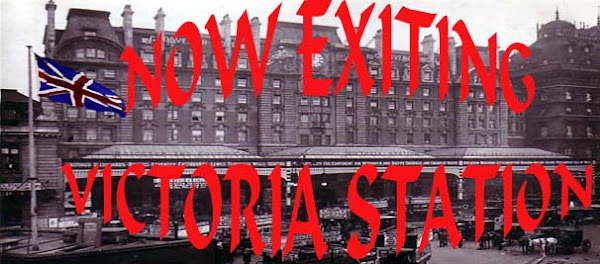What is it with time, anyway? The modernists are positively obsessed. Not in a science fiction-y Doctor Who H.G. Wells sort of way but in a how does the actual passage of time define our lives on Earth sort of way. Eliot repeats the theme endlessly in Prufrock and The Wasteland. Woolf plays with it just as much. I recall being struck by the use of time in Orlando when I read it and it was no less important in Mrs. Dalloway. It’s as though time doesn’t merely exist, but is an actual character, capable of influencing and interacting with others in all of these stories. Clearly this plays into the very fabric of modernism, which I am still too much of a Modernist-newbie to fully comprehend. I can see the themes, but I’m not certain how best to engage with them. So what about time, then. I would be lying if I said I never considered the unique place that time plays in our culture. We remember personal events by their place in our individual timelines and we study history as a chronology. Time matters. 11am 11/11/1918. 12/07/1941. 02/09/1964. 9/11/2001. Everything is defined by time. Did modernism represent a change in the way time was conceived? I think of pre-modernist writing as dealing more in space, so maybe they just though about things in a different way. This five minute read brought to you by Tom and Virginia.
Steinberg believes that Septimus is a derivation of T.S. Eliot. Interesting. I can’t fault his logic and he does make some solid connections. As I was reading, though, it struck me that he wasn’t taking Woolf’s own illness into account. He devoted a single line near the end of his essay to the idea in passing to say that perhaps Woolf’s own illness was an influence as well. Having had very close dealings with bipolar disorder (which I didn’t realize Woolf suffered from until our discussions last class) myself, I would be interested in reading up on how much of Septimus’ madness is derived from her own experience. I know there must be oceans of scholarship devoted to it. Can the character be an amalgamation of Woolf and Eliot both? How deliberate were the parallels, do you suppose? The thing is, that from my experience, I’ve found that manic depressives are not self aware enough to conceive themselves as mad. I know Woolf had an uncommonly brilliant mind, but how mad can a person be if they recognize their own madness? How capable was she of engaging with that facet of her life. For truly, find me the madman that is categorically, logically and creatively aware that he is mad. Is he out there?
I also wanted to mention a phrase. I don’t know how important it is or if, indeed, it holds any importance at all, but it kept cropping up so I feel obliged to comment on it. “Is that it?” It seems like such a paltry thing and yet it leaped from the page and stuck in my mind. Why, I wonder, does she use this phrase so frequently in the text? Maybe I’m rolling a bit too “new critic” here, but there must be a reason. It speaks of uncertainty and a particular kind of frustration. Perhaps even a bit of an accusatory undertone, which, as it is found prominently in inner monologue, speaks volumes about the character.
Monday, March 10, 2008
Subscribe to:
Post Comments (Atom)



No comments:
Post a Comment